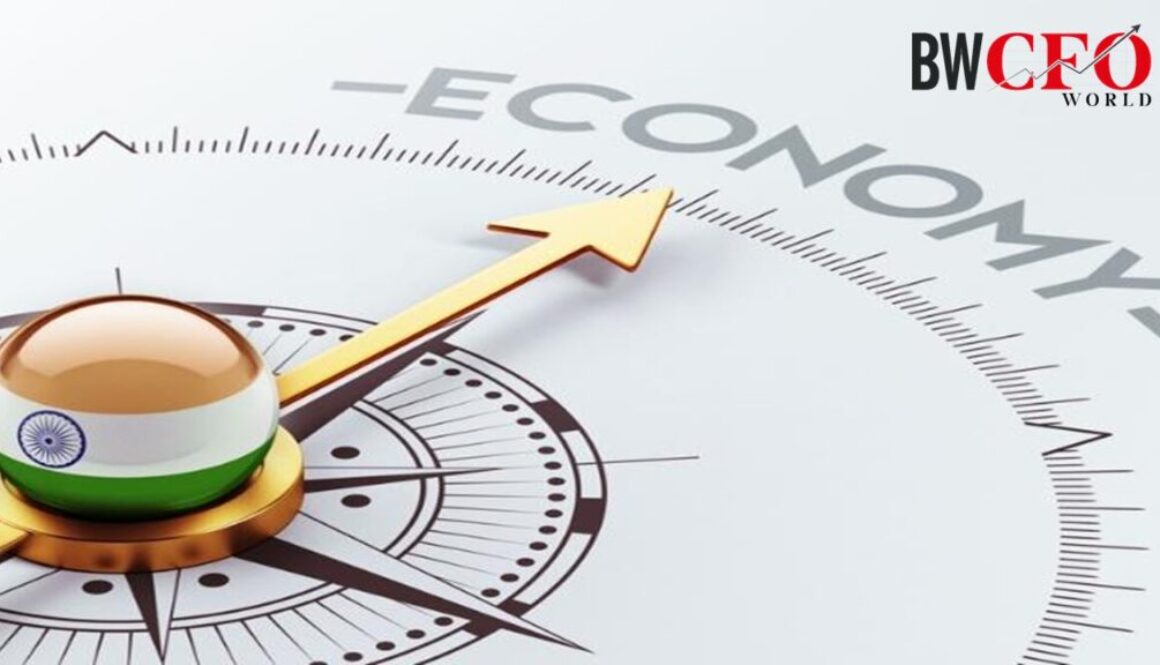India’s Growth Is Turning Positive: Former World Bank Economist
The economy is likely to register a 9.5 per cent growth this fiscal over the 7.3 per cent contraction last year, as the ongoing recovery is faster and more credible than earlier foreseen, according to a foreign brokerage report.
India’s growth is at last turning positive which is a good sign, said Kaushik Basu, former Chief Economist at the World Bank, said on Monday.
According to the UBS-India Activity indicator, the economic activity has improved by an average of 16.8 percent quarter-on-quarter (QoQ) sequentially in the September quarter due to ease in lockdown restrictions, which led to the economic recovery post the second wave.
“India’s growth is at last turning positive. This is good news but we must realize that growth in recent years has been driven almost entirely by the top 1 percent. The share of the wealth of the bottom 50 percent has shrunk sharply. This is disappointing and needs urgent policy correction,” Basu wrote in his official Twitter handle.
The economy is likely to register a 9.5 percent growth this fiscal over the 7.3 percent contraction last year, as the ongoing recovery is faster and more credible than earlier foreseen, according to a foreign brokerage report.
It will gather more momentum in the second half of the current fiscal, but will slow down to 7.7 percent next financial year, it added. The government has budgeted for a 10.5 percent growth this fiscal, but the Reserve Bank has scaled it down to 9.5 percent. Ravaged by the pandemic, the economy tanked 7.3 percent last fiscal, the worst and the third contraction on record.
Swiss brokerage UBS Securities India expects the economy to gain momentum in the second half on cyclical tailwinds, including pent-up demand and favourable external demand.
We expect real GDP to grow at 9.5 per cent in FY22, but to lose the momentum to 7.7 per cent next fiscal. We expect growth to gain momentum in the second half on cyclical tailwinds including pent-up demand, especially after more people are vaccinated, favourable external demand as exports are over 25 per cent the pre-pandemic level) and higher government spending and the likely resultant spike in Capex, Tanvee Gupta Jain, chief economist at UBS Securities India said in a report on Monday. However, she said that the recent supply-side disruptions, including high global commodity prices, especially oil and domestic coal shortages, could weigh on the fragile recovery.
The report is based on a survey among the key policymakers who are more optimistic now and expect the real GDP growth to surprise well on the upside.
(With PTI inputs)

